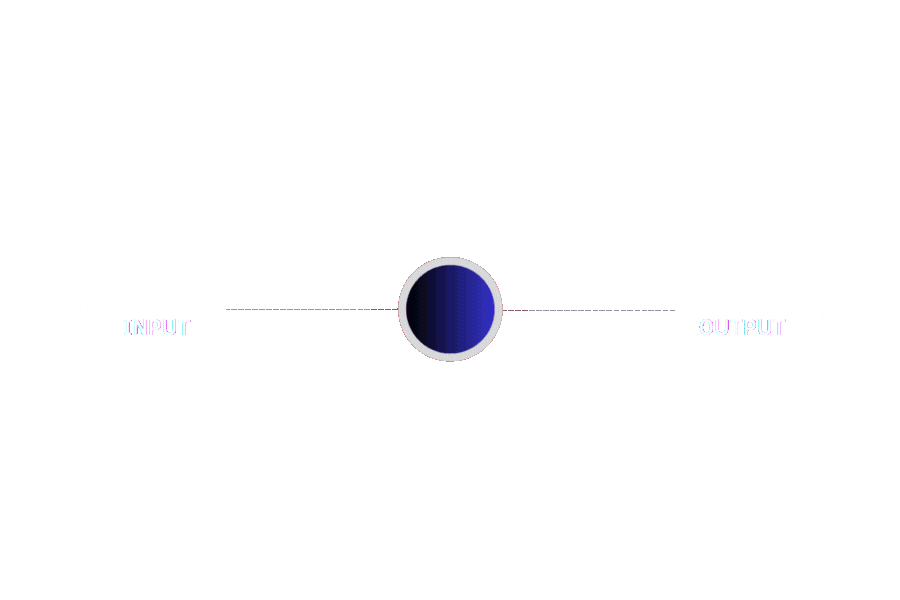What is our LLM- Specific Data Services?
AI Data Lens Ltd. provides LLM-specific data services, comprehensive data solutions for training, fine-tuning, and enhancement in Large Language Models. With LLMs forming the backbone in natural language understanding and conversational AI, their quality and variability matter to an unparalleled degree. This involves all aspects of data collection, ranging from large-scale multilingual datasets to domain-specific and contextual language data. We also offer advanced techniques like prompt engineering and synthetic data generation that will make sure your LLMs are optimized for specific tasks, use cases, and industries, letting them perform more accurately and efficiently.
Large Language Model (LLM) Training Data Collection:
LLM Training Data Collection This covers data collection of big datasets from different sources around the world for the training of large-language models. This is quite an important service in developing high performance and nookie in language models, probably by processing texts as done by humans across various applications in industries.

Fine-tuning Data for LLMs:
Fine-tuning data is very important and provides specialist datasets that can be used to fine-tune pre-trained models for specific tasks. This service is important in enhancing the use of LLMs where domain-specific applications, such as legal, medical, or financial texts, require better output that is precise and context-sensitive.
Domain-Specific Language Data Collection:
Domain-specific language collection involves the collection of very specialized language data from industries such as healthcare, finance, and law. Indeed, the service ensures that LLMs can handle jargon and nuanced terminology unique to every industry, thereby improving task-specific applications in terms of relevance and accuracy.
Synthetic Data Generation for LLMs:
Synthetic Data Generation for LLMs creates synthetic datasets that would resemble a real-world language, therefore creating more training data. It will go a mighty long way in overcoming data scarcity of any particular domain or language and letting LLMs do better, even with limited availability of natural data.
Conversational AI Data Annotation:
Conversational AI Data Annotation annotates datasets with dialogue-specific tags that give LLMs a better grasp on conversational contexts. This service will enable sophisticated chatbots and virtual assistants by providing them with an enhanced capability to handle conversations, such as multi-turns and user interactions.
Contextual Language Modeling Data:
Contextual Language Modelling Data develops richly annotated datasets to help LLMs understand idioms, colloquial expressions, and situational nuances by setting language in context. Thus, it is a very valuable service of refinement for models to interpret and generate more natural and relevant language.
Multilingual Training Data for LLMs:
It provides datasets in several languages to train LLMs for applications all over the world. These services enable a model to execute cross-lingual tasks and heighten the performance in translation, multilingual chatbots, and content generation over diverse languages and cultures.
Few-Shot Learning Data for LLMs:
Few-Shot Learning Data for LLMs provides proprietary datasets that enable the model to learn tasks with minimal examples. It is quite important in improving the model’s performance where the availability of labeled data is at a minimum. This allows for better LLM adaptability and generalization in low-resource settings.
Multimodal Data (Image/Text/ Audio combined) for LLMs:
Combine image and text inputs, or Audio for LLMs Multimodal data incorporated into LLMs integrates image, text, and audio datasets in model training so that these models can perform perceptions and generation jobs across different media types. Consequently, this service is quite important in building AI systems that will communicate smoothly with each other through text, visuals, and audios for better cross-modal understanding.
